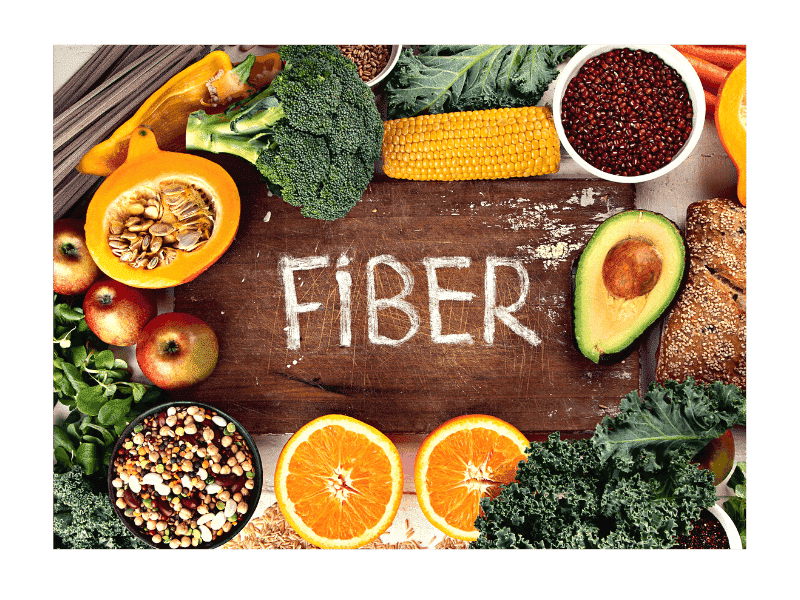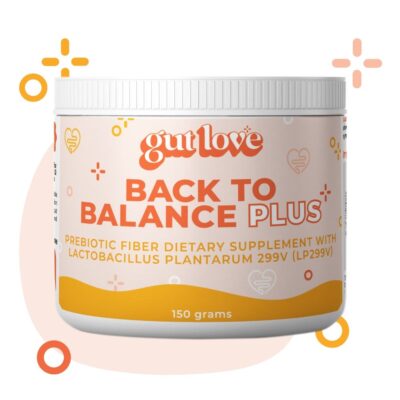If you suffer from Inflammatory Bowel Disease, chances are you may have heard about the risk of developing a stricture and the problems it can cause. Before we look at what a stricture is, let’s share a couple of key facts which highlight this risk:
- Half of patients with Crohn’s Disease will have intestinal complications, such as strictures or fistulas, within 20 years of being diagnosed.
- Twenty-five percent of Crohn’s Disease patients have had at least one small bowel stricture, while 10% have had at least one colonic stricture which led to significant complications.
As you can see, a stricture can be a big deal. This is why it’s important to know what they are as well as what can (and cannot!) cause them.
What is a stricture?
A stricture is an abnormal narrowing in the intestines that can lead to complications if left untreated.
While there is plenty of research about the effects of strictures, there is often confusion and misinformation about their cause. The biggest misconception is that fiber is to blame, which we’ll look at in more detail below.
It might also be useful to read our guide to fiber and Crohn’s. As you might see there can be a lot of cross-over when looking at conditions and the complications which can arise.
Strictures in IBD
Inflammatory Bowel Disease causes chronic inflammation of the gastrointestinal tract, therefore it goes without saying that strictures may form for those with IBD. They can be diagnosed using ultrasound, MRI, CT scans, or endoscopy. Surgery may be needed if there is a significant blockage caused by the stricture or if symptoms become unmanageable.
What are the causes of strictures?
Strictures are usually caused by repeated cycles of continued inflammation and healing in the lining of the intestine, which causes scar tissue to form. The scar tissue begins to replace the normal cells over time, narrowing the gastrointestinal tract.
Can fiber cause a stricture?
This is the biggest misconception there is when it comes to strictures and their cause, resulting in many people being told to avoid fiber or to go on a low residue diet when they have IBD, despite the lack of research to support this recommendation.
Research does show however that those who avoid fiber are more likely to experience flare-ups and to develop complications like stricturing, so you can see how beneficial fiber can be. In fact, we’ll share another figure with you to support this: not avoiding fiber is associated with a 40% reduced risk of experiencing flare-ups. Consuming whole grains reduces this risk too.
So why all this confusion around fiber, and where does the belief it causes strictures come from?
It could be down to the fact that the guidelines for patients with Crohn’s Disease recommend that – because of the potential risk of an obstruction – high fiber diets should be avoided in patients who already have strictures. You can see how easily this has led to confusion with some patients and physicians, who perceive that fiber should be avoided in all patients with inflammatory bowel disease (IBD) instead of only those with known strictures.
Fiber is still needed and plays an important role in the digestive system. It can help reduce the risk of strictures and complications, plus helps create butyrate which reduces inflammation. Cutting fiber out of your diet can also increase the risk of developing other conditions.
There may be times when you need to play around with types of fiber in your diet to lower the risk of a blockage, and therefore the risk for a flare-up, but cutting out or restricting fiber is not beneficial.
What IS beneficial however is knowing that there are two main types of fiber, one of which is a safer choice for those with IBD:
- Insoluble Fibers – This type of fiber does not absorb water yet is important for removing things we don’t need in our digestive tract. Examples of insoluble fibers are the peels of fruit and vegetable plus Psyllium Husk (not Psyllium Peel- see below).
- Soluble Fibers – The safer choice! Soluble fibers completely dissolve in water, reducing the risk of strictures. Psyllium seed (not to be confused with Psyllium Husk) is a good example of a soluble fiber, with our prebiotic fiber product GutLove as another.
Just to recap here: It is recommended that the restriction of dietary fiber is unnecessary for patients with IBD without overt risk of obstruction.
Final thoughts
Contrary to what you may read, fiber does not cause strictures. Therefore, fiber avoidance is not needed for those who have IBD. Our bodies need fiber, and avoiding it altogether does not lead to better outcomes. In fact, it can be quite the opposite as low fiber diets increase the risk of colorectal cancer and are also a risk factor for the development of Crohn’s Disease and Ulcerative Colitis.
Get help with Crohn’s Disease and IBD
We know it can easily feel confusing with so much conflicting information available; one minute you’re reading that you should be avoiding fiber, and the next you’re reading that you can continue to include fiber in your diet and that it is good for you. Our advice is to trust the experts and speak to a specialist if you still feel unsure. We are always here to answer any questions you might have.
If you’ve been avoiding or restricting fiber, and feel uncertain about how to add it back in, then you could look into supplements that can be helpful as you re-introduce fiber into your diet.
Our mission is to help you feel more empowered and less confused when it comes to what you can and cannot eat when living with IBD, backed by research and high-quality evidence-based nutrition to help put your mind at ease when it comes to understanding what your body needs.
If you’d like more personalized support and guidance then please don’t hesitate to contact us at Crohn’s and Colitis Dietitians.






I have adull hurt on my left side and around my back